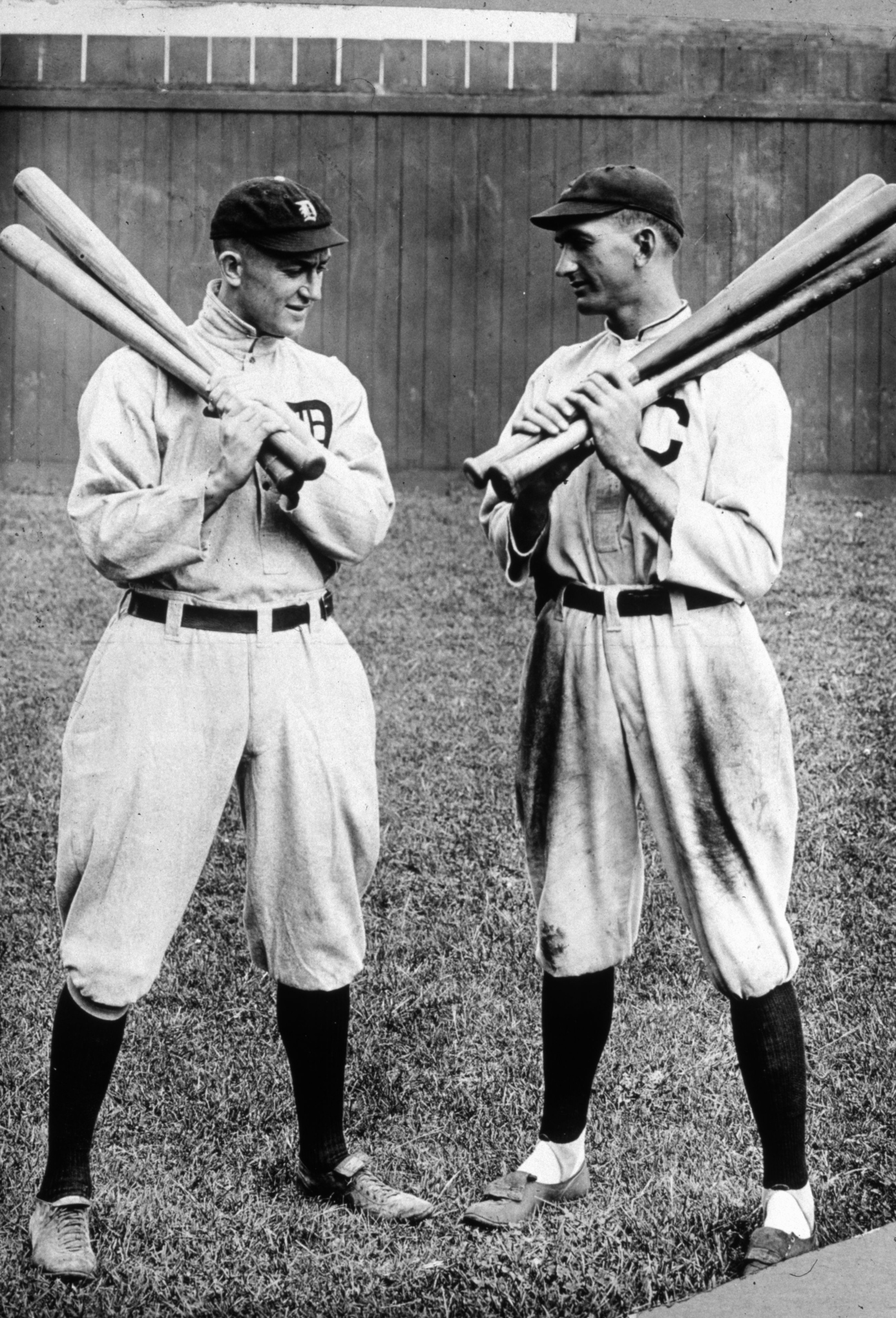


They make this an annoyingly arty book, hiding more than not behind Hemingwayesque time-signatures and puerile repetitions about war (and memory and everything else, for that matter) being hell and heaven both. Maybe the most moving piece here is "On The Rainy River," about a draftee's ambivalence about going, and how he decided to go: "I would go to war-I would kill and maybe die-because I was embarrassed not to." But so much else is so structurally coy that real effects are muted and disadvantaged: O'Brien is writing a book more about earnestness than about war, and the peekaboos of this isn't really me but of course it truly is serve no true purpose. Some of these stories/memoirs are very good in their starkness and factualness: the title piece, about what a foot soldier actually has on him (weights included) at any given time, lends a palpability that makes the emotional freight (fear, horror, guilt) correspond superbly.

It's being called a novel, but it is more a hybrid: short-stories/essays/confessions about the Vietnam War-the subject that O'Brien reasonably comes back to with every book. Only for fans who want the entire oeuvre others would do better to go to Kinsella's baseball novels to discover his most notable work. Last, in ``First Names and Empty Pockets''-the most original tale here-the narrator fantasizes about meeting Janis Joplin and becoming her savior, keeping her from her own worst vices. In ``A Picture of the Virgin,'' some guys go to a famous whorehouse in Edmonton, and the narrator, ``somewhat of a virgin,'' ends up telling a long-and predictable, even tedious-shaggy-dog story. ``Fiona the First,'' the opener, is about a pickup artist, an aluminum-window salesman who pretends to be whatever works the story reaches for a kind of fabulism but falls flat-despite some clever repartee. At this point, the story is a curiosity more than anything else, its significance archival more than aesthetic, but it is the piece that will draw readers to the collection. In it, a baseball announcer's voice very clearly says to the narrator, ``If you build it, he will come.'' He does (Shoeless Joe Jackson, that is) and says, looking around the ballfield, ``This must be heaven.'' ``No, it's Iowa,'' the narrator replies. The title story later became Shoeless Joe and then, even later, the Kevin Costner movie. The settings include Iowa, of course, as well as Canada and San Francisco. Kinsella, best known for The Iowa Baseball Confederacy (1986), here offers his third collection, originally published in 1980 in Canada: a grab-bag of old stories and oddities, most notable for the piece out of which grew a novel and then the movie Field of Dreams.


 0 kommentar(er)
0 kommentar(er)
